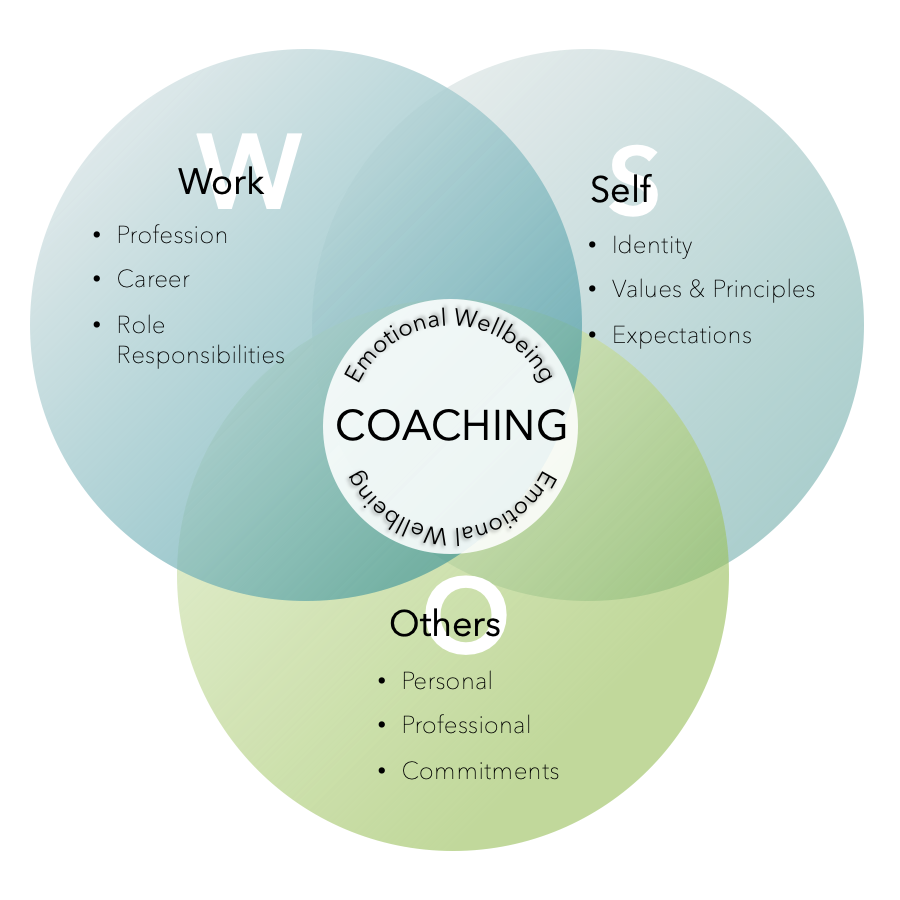You’re at HIGH risk for burnout.
Your score shows you’re at HIGH risk of burnout out in 1 or more of the 5 key areas.
Surprised by your result? Let's dig a little deeper: When you’re at high risk for burnout, it’s a lot more than just a bad day.
Burnout is a familiar term; you’ve probably heard colleagues say, "I'm so burned out" when talking about a bad day. With burnout risk, things that should be effortless at work are a lot harder than they need to be, impacting your career success AND wellbeing (emotional and physical). It may not even be work that's causing your risk for burnout, but it can still impact your career and how you feel about going to work.
Burnout is a cycle that can continually impact your health, happiness, and overall quality of working life if you don't do something to mitigate the risk.
Burnout is a familiar term; you’ve probably heard colleagues say, "I'm so burned out" when talking about a bad day. With burnout risk, things that should be effortless at work are a lot harder than they need to be, impacting your career success AND wellbeing (emotional and physical). It may not even be work that's causing your risk for burnout, but it can still impact your career and how you feel about going to work.
Burnout is a cycle that can continually impact your health, happiness, and overall quality of working life if you don't do something to mitigate the risk.
- Burnout is a state of physical, emotional, and mental exhaustion caused by prolonged stress.
- While burnout is often associated with work-related stress, it can also stem from other areas of your life.
- Burnout can be caused by many factors such as chronic illness, caregiving, financial pressure, and relationship stress.
- It's important to remember that burnout is never just about your job, it's about the intersecting and competing commitments in your life.
|
Often, burnout can creep up on you; you may not even realize you're experiencing it until it's too late. If left unchecked, burnout can have serious consequences for your physical and mental health, as well as your relationships and job performance.
If you're feeling overwhelmed, not like yourself or exhausted, it's essential to take a step back and assess which competing commitments may be causing stress. |
If you or someone you know is experiencing burnout, it's important to approach the situation with empathy and compassion:
Sadly, few at-risk professionals see burnout coming until it impacts their career.
It’s devious - the signs hide in plain sight (do you know what they are or how to recognize them in yourself or your team?). Once they understand them, many talented and dedicated professionals identify that the risks have been with them a very long time.
Here’s the good news - burnout doesn't have to impact your career or wellbeing.
Awareness of the signs of burnout, the burnout cycle, and where you are in it, is key to being able to thrive rather than simply survive in your working life.
Find out more about your burnout risk, the signs you should be watching for, so you can keep burnout from impacting your career, mental health and your relationships (at home and at work).
- Listen without judgment and validate the emotional needs that come up.
- Know that it's okay to take a break and prioritize wellbeing.
- Seek professional help from a family doctor, a therapist or coach.
Sadly, few at-risk professionals see burnout coming until it impacts their career.
It’s devious - the signs hide in plain sight (do you know what they are or how to recognize them in yourself or your team?). Once they understand them, many talented and dedicated professionals identify that the risks have been with them a very long time.
Here’s the good news - burnout doesn't have to impact your career or wellbeing.
Awareness of the signs of burnout, the burnout cycle, and where you are in it, is key to being able to thrive rather than simply survive in your working life.
Find out more about your burnout risk, the signs you should be watching for, so you can keep burnout from impacting your career, mental health and your relationships (at home and at work).
Working with Carleen I learned to recognize how my work was valuable. It influenced how I see myself in the working environment and I learned to better appreciate myself. I am so grateful for our time together."
The Working Life Wellbeing Assessment isn't a tool to diagnose burnout. Its use is to support you in identifying your risks. If you have health concerns, please consult your doctor or other care provider to manage the health impacts, sharing your risks from this assessment process.
|

